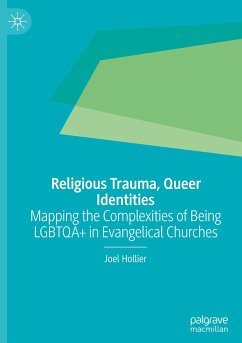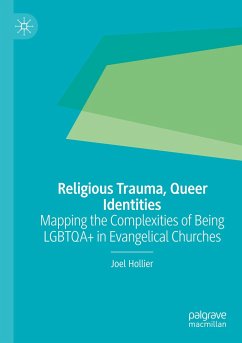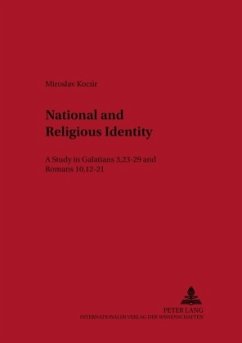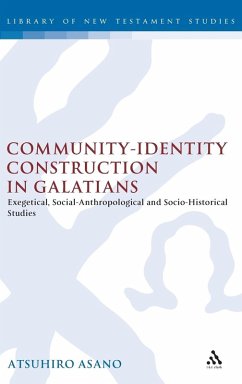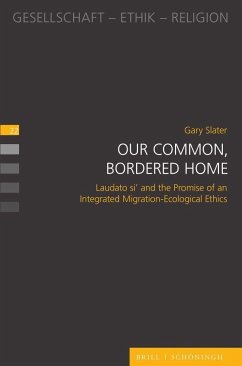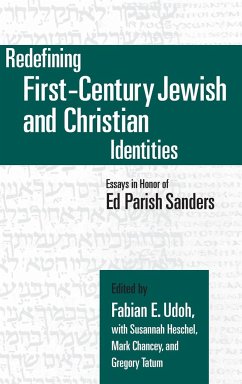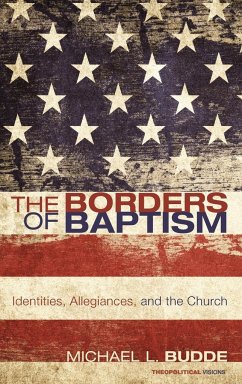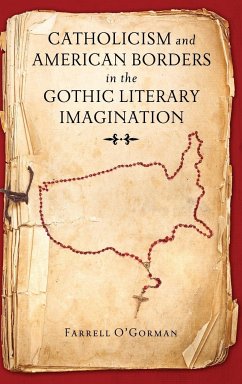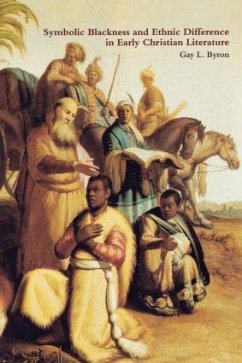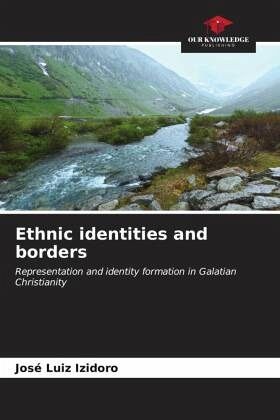
Ethnic identities and borders
Representation and identity formation in Galatian Christianity
Versandkostenfrei!
Versandfertig in 6-10 Tagen
47,99 €
inkl. MwSt.

PAYBACK Punkte
24 °P sammeln!
Biblical texts are the result of a historical-literary process in which societies and cultures make themselves present through symbolic representations and languages. In this way, biblical research makes it essential to study the sources of early Christianity through historical-anthropological concepts. From the perspective of analysing identities, Gal 3:26-29 reflects and suggests the interaction between ethnic and socio-cultural groups, observing differences and unity in Christ Jesus; and the recognition of identities based on the dynamics of social, ethnic and geographical boundaries. From ...
Biblical texts are the result of a historical-literary process in which societies and cultures make themselves present through symbolic representations and languages. In this way, biblical research makes it essential to study the sources of early Christianity through historical-anthropological concepts. From the perspective of analysing identities, Gal 3:26-29 reflects and suggests the interaction between ethnic and socio-cultural groups, observing differences and unity in Christ Jesus; and the recognition of identities based on the dynamics of social, ethnic and geographical boundaries. From the theological and anthropological points of view, we approach the sociocultural and religious conceptual components that the text suggests, as well as the symbolic representations that emerge from the interaction between Christians as early as the first century. Therefore, for Pauline Christianity in Galatia, the conception of Judaism, in its relationship with Hellenism, does not constitute a stagnant entity in simple opposition to it; they are in continuous movement of interaction across borders and, in their diversity, make it possible to understand the emergence of fluid identities in formation.



